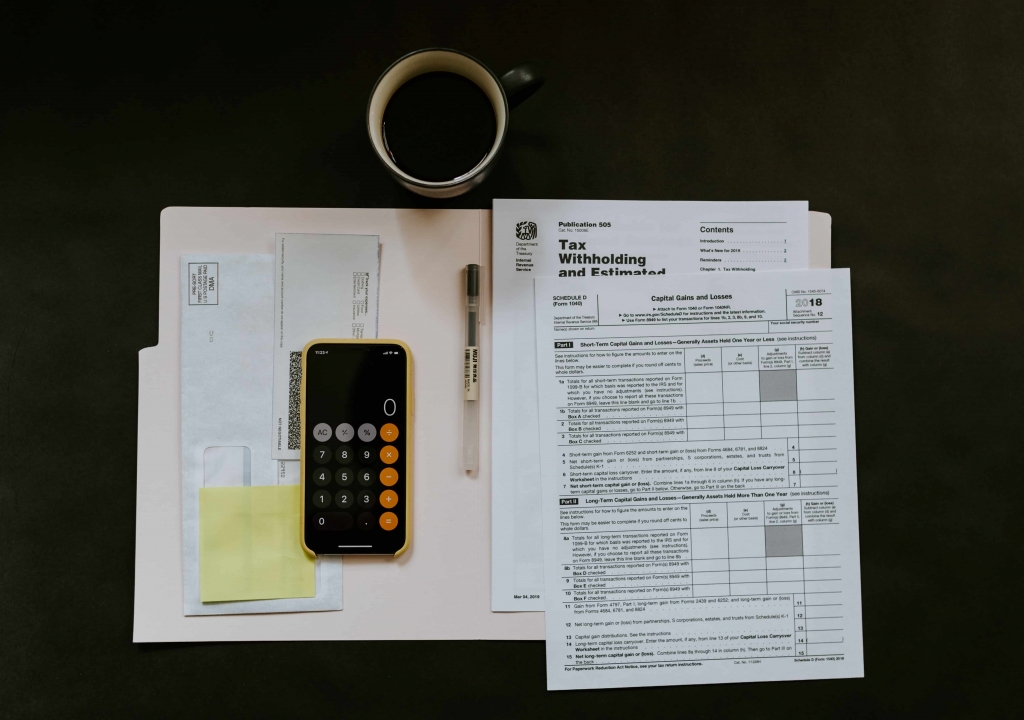
The privilege of owning a property entails a certain amount of financial responsibility – Taxes, Transfer of Title fees, and other charges are just some of the important things every real estate investor should be aware of. It is a civic responsibility of every property owner to know how much tax is needed to be paid off every year.
If you are currently looking for your first home investment, you need to understand and be aware of all the taxes and fees that you need to pay before finalizing the sale of your chosen property. Here, we are going to discuss all the facts that you need to know about the taxes and fees in acquiring a property in the Philippines.
Real Property Tax (RPT)
Real Property Tax (RPT), otherwise known as “Amilyar”, is an ad valorem tax that is imposed on real property and is paid annually to the Government. Taxable properties include land, building, machinery, and improvements of land and or building.
The legal basis for the real property tax can be found under The Republic Act 7160 (see https://nwrb.gov.ph/), otherwise known as the Local Government Code of the Philippines. This law gives the authority to Local Government Units (LGUs) to collect and create their source of income to fund public expenditures. The LGUs source of funds includes real property tax and other transaction fees.
Real Property Tax accrued every 1st of January; however, a taxpayer can also pay it on a quarterly installment basis every:
- March 31
- June 30
- September 30
- December 31
For taxpayers who opted to pay their taxes in advance on its due date, the Municipality/City may grant up to a 20% discount on the annual tax.
How to calculate Real Property Tax (RPT)
Property taxes are determined by three factors: assessment level, market value/selling price, and RPT tax rate. Various government departments are also responsible for submitting such information to calculate the annual RPT.
Real Property Tax (RPT) Rates
Determining the appropriate Real Property Tax (RPT) rate of a property may vary depending on where the property is situated. In Metro Manila, the appropriate rate is 2% of the total assessed value of the property while 1% for provincial rate (note: some LGU’s has the jurisdiction to increase property taxes to a maximum of 2%, so it is advisable to visit your LGUs for the exact rates). To calculate your annual Real Property Tax (RPT) the formula is shown below:
Real Property Tax (RPT) = Assessed Value X RPT rate
Assessed Value (Assessment Level and Market Value)
Calculating the assessment value may also vary depending on what kind of property is needed to be assessed, for instance, residential property has a maximum assessment level of 20%, whereas commercial and industrial property has a maximum assessment level of 50%.
The Bureau of Internal Revenue (BIR) and Provincial Assessors Office may choose whichever is higher among the Fair Market Value, Zonal Value, or Selling Price, and it will be used as the basis for the calculation of the total Assessed Value of a property.
To calculate the assessed value of a property, the formula is stated below:
Assessed Value = Fair Market Value X Assessment Level
Sample Computation:
To illustrate, let us calculate Mr. De la Cruz RPT for the year 2021.
Mr. De la Cruz recently acquires a house and lot property in Dumaguete City worth Php 4,000,000 in January 2021.
Let’s assume the following are the details:
- Selling Price = 4,000,000
- Assessment Level = 20%
- Dumaguete Real Property Rate = 1%
Let’s calculate first its assessed value:
Assessed Value = Fair Market Value X Assessment level
= 4,000,000 X 20%
Assessed Value = Php 800,000
Now that we have its Assessed value, let’s calculate for Mr. De la Cruz Real Property Tax (RPT).
Real Property Tax = Assessed Value X RPT rate
= 800,000 X 1%
Real Property Tax = 8,000
Therefore, Mr. De la Cruz needs to pay a total of Php 8,000 Real Property Tax annually.
Is there a penalty incurred for unpaid Real Property Tax?
Unpaid or late payments are subject to penalties. Penalties start at 2% per month on the outstanding amount and can rise to 72 percent if the debt is not paid for 36 months or three years.
Other Taxes and Fees you need to know when you purchase or sell a Real Property
Capital Gains Tax
Real estate capital gains tax refers to the amount levied on the profit obtained by the seller from selling property classified as capital assets. Capital assets are property owned by taxpayers and are not used for any form of trade or business. Examples of capital assets are houses, land, or cars that do not generate income. Capital gains tax is deducted from the total selling price or market value of the property, whichever is higher.
A total of 6% of the total selling price is deducted from the seller’s income. Capital gain is payable within 30 days after the notarization of the Deed of Sale.
Suggested Read: Camella To The Next Level
Documentary Stamp tax
Any form of document that signifies acceptance, transfer of ownership/obligation, or transfer of property requires a payment for the Documentary Stamp Tax (DST). The rate for the stamp is 1.5% of the selling price, zonal value, or fair market value, whichever is higher.
The deadline of payment for DST is due 5 days after the document was signed and made.
Transfer tax
This is imposed on any mode of sale or transfer of ownership of real property. Transfer tax rates usually start at .50% of the total value depending on where the property is situated.
Transfer tax is payable to the Local Treasurer’s Office
Registry of Deeds fee
The Registry of Deeds fee or Title Registration Fee is a fee paid for the issuance of the new Title to the new owner/buyer. Registration Fee usually sets at .25% of the selling price or market value whichever is higher.
In addition, taxes and fees are usually included in the total price of the property so make sure to document and notarize all the agreements between you as the buyer and the seller to avoid complications in the near future.
Make that wise decision now!

With all the information listed above, are you now ready to purchase your dream home? But before you sign the documents always make sure to take into account all the legal agreements and read thoroughly the information stated. If you are a first-time home buyer it is a good move to seek a professionals’ advice to make the process a lot easier.
Want to learn more about the steps of owning your dream home check out www.camella.com.ph
Suggested Read: Now is the Best Time to Buy Your House and Lot


